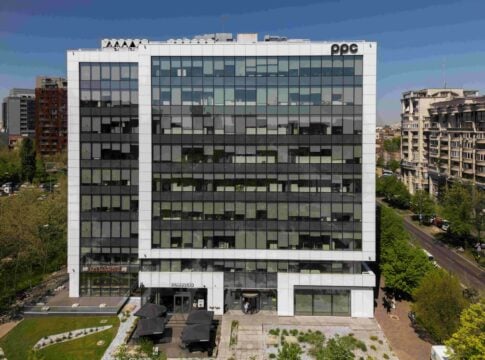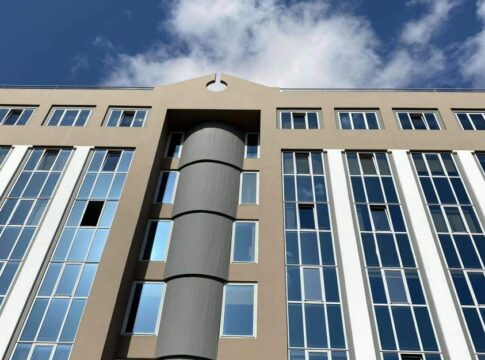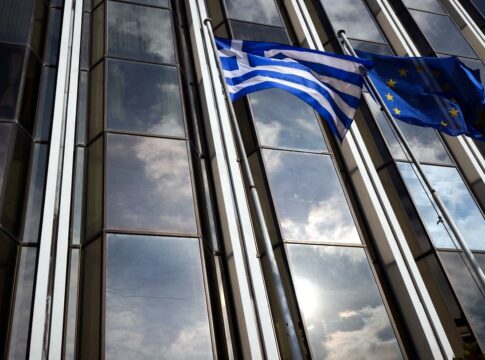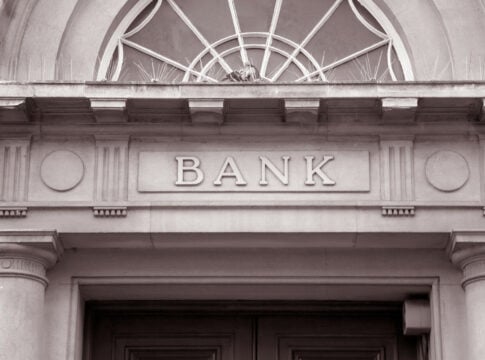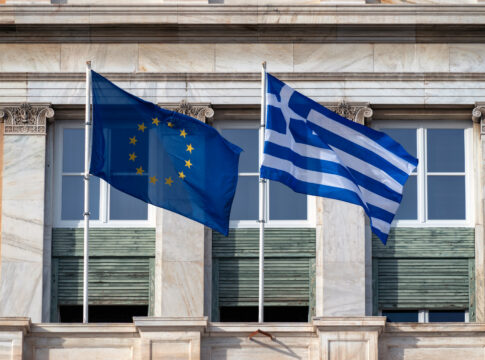The European Bank for Reconstruction and Development (EBRD) sees the Greek economy as resilient, estimating that it will continue to outperform the rest of the eurozone both in 2024 and next year.
More specifically, it sees growth rates of 2.3% in 2024 and 2.6% in 2025.
The improvement of the business climate, the de-escalation of energy prices, tourism and above all the absorption of the resources of the Recovery and Resilience Facility act as a main support for growth, in combination with reforms and a prudent fiscal policy.
“Following a strong post-Covid recovery in 2021 and 2022. Greece’s GDP grew by just 2 per cent in 2023, though still significantly outperforming the euro area average. Both private and public consumption grew by close to 2%, gross fixed capital formation was up by 4%, and exports of goods and services rose by 3.7%, exceeding import growth (2.1%).
Tourist arrivals and receipts increased substantially in 2023, exceeding pre-Covid-19 levels. Confidence indicators also started moving in the right direction, while easing energy prices helped disinflation in 2023. Headline annual inflation was 3.5% in the last quarter of 2023, having reached double-digit rates in 2022,” it said.
“In addition, Greece returned to investment grade credit rating during 2023 for three out of the four main ratings agencies.
The budget recorded a primary surplus of 1.9% of GDP in 2023 and the fiscal outlook is assessed to be in line with the provisions of the existing Stability and Growth Pact, reactivated as of 2024. Economic confidence is steadily improving, with the Purchasing Managers Index (PMI) on an upward trend in the first quarter of 2024 (56.9 in March 2024, the highest level since February 2022), and the Economic Sentiment Indicator (ESI) reaching a 7-month high (108.4 in March 2024).”
EBRD’s Chief Economist, Beata Javorcik, has recently stated to “Naftemporiki” that Greece has a window of opportunity to lay the foundations for long-term growth. The upgrade of the credit rating will lead to greater inflows of foreign direct investments and this means extra funds and – importantly – knowledge, which will come from abroad.
She stressed, however, that it is crucial for Greece to remain on the path of reforms regarding public administration as well as measures to improve competitiveness and productivity.





